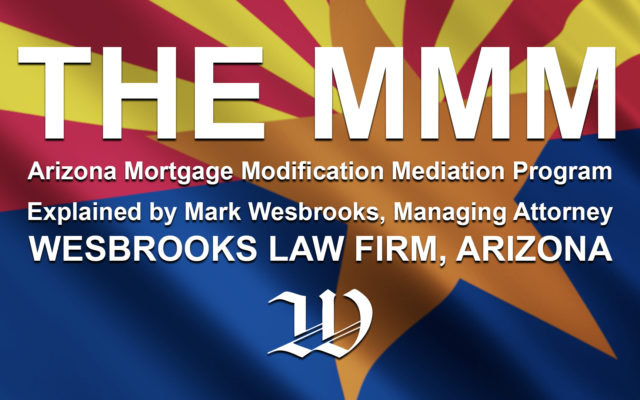

Educate yourself on the lingo of bankruptcy, such as the phrase bankruptcy reaffirmation!
 If you are considering bankruptcy whether it’s Chapter 7, Chapter 11 or Chapter 13 you should also consider educating yourself on other aspects of bankruptcy and the terminology that follows it. Bankruptcy reaffirmation refers to a potential client who is considering Chapter 7 bankruptcy.
If you are considering bankruptcy whether it’s Chapter 7, Chapter 11 or Chapter 13 you should also consider educating yourself on other aspects of bankruptcy and the terminology that follows it. Bankruptcy reaffirmation refers to a potential client who is considering Chapter 7 bankruptcy.
Throughout our blog series we will help educate you, but please do not take the information that we provide you is not legal advice. No attorney-client or confidential relationship is or should be formed by the use of this website and the information that we provide to you.
Ok, now that we’ve gotten past that stuff, let’s move forward on what bankruptcy reaffirmation is. The short description is that reaffirmation agreement via the United States bankruptcy law is made between you and your creditor. Basically, it says that the debt that you owe on will still be owed even after you file your bankruptcy case.
Let’s say that you purchased a new car 6 months ago and you know that throughout the whole bankruptcy and even after you will still be able to afford to make those car payments. If you choose to keep the car you can through bankruptcy reaffirmation, and it will not be included into your bankruptcy case. However, if you cannot keep up with your payments and the car is in the end repossessed, you will still owe the difference of the amount that you had reaffirmed. The lender is able to sell the car at auction for possibly less than you initially owed. The same example could be given specific on a bankruptcy reaffirmation mortgage, where instead of the car replace the terminology with your house.
Choosing reaffirmation does provide a way for you to keep your collateral as long as you live up to the reaffirmation agreements that was made between you and your creditors. You may be able to negotiate new terms of the loan to lower your payments, interest rate or total amount that you may have to pay over the time of the loan.
If your creditor agrees and you do choose to include collateral via reaffirmation you will still need to pay for and on that debt. Holding up your end of the bargain is one of the biggest key factors here because again if you do not keep up with your payments the creditor does have the right to take or repossess the collateral such as your car, lien, computer or any other debt that you have chosen to keep while filing bankruptcy.


